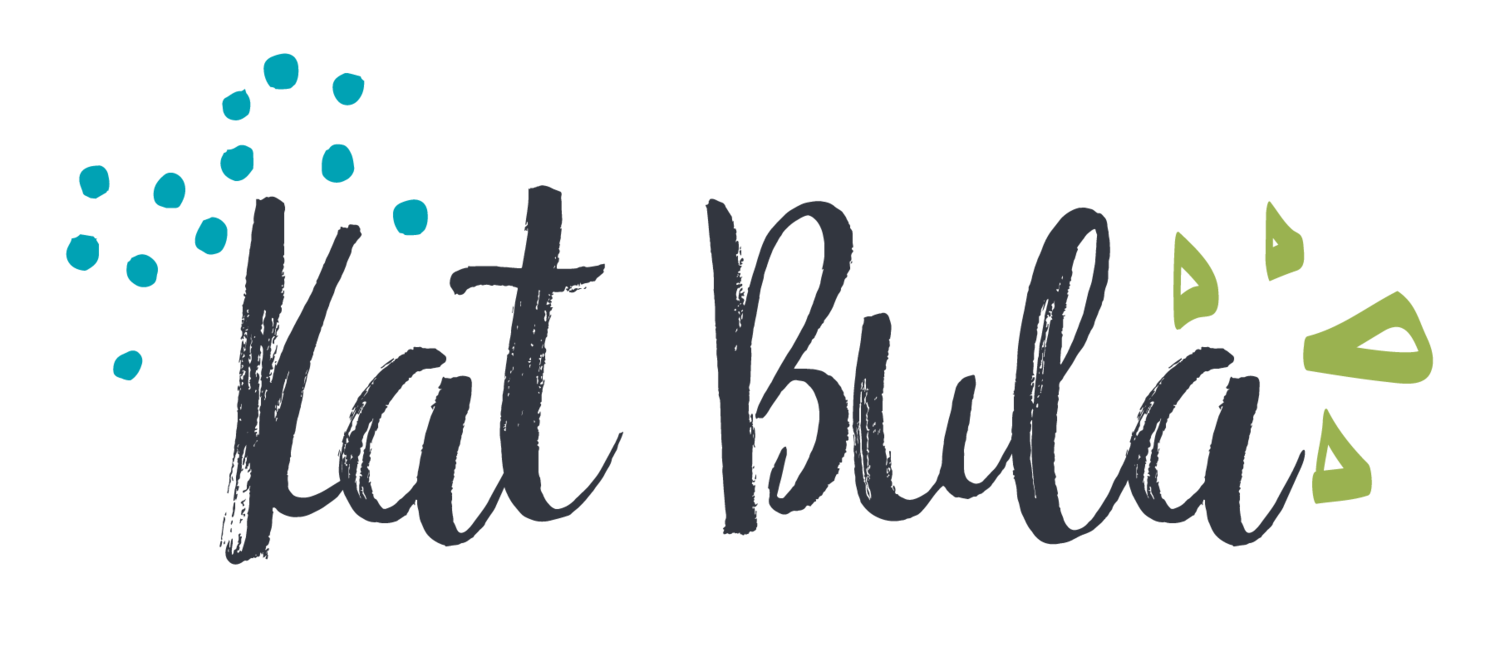Fiddleprov: jam with confidence
We are all improvising all the time. I'm doing it right now, writing these words. You do it every time you have a conversation with someone. Or decide what to have for lunch.
So why is improvising music so dang hard?
Well, for one thing, it takes courage. Courage is hard.
For another thing, just as communicating is easier when we have a large vocabulary and a good grasp of grammar, our musical improvisation works better when we are fluent in the language of music. That's what enables us to give form to our ideas, and make sure they are coherent in the context of what we are hearing. So yes, that means learning music theory (or what I like to call "musical anatomy") is really helpful for improving your experience of improvising.
But here's where so many improvisation books and videos go wrong (and I myself have made this mistake in the past): they treat theory as though it IS improvisation. That's like saying that if you want to be more smooth asking someone for a date, what you really need to do is improve your mastery of the English language. Obviously fluency is helpful, but improvisation--having an idea that fits the situation, and making it come out right--is so much more than that.
If you've truly tried to learn how to jump into a jam and make original contributions, and you've failed, it is not your fault. If you've put in the time and the research, and you still can't do it, it does not mean there's something wrong with you. You're not stupid. You're not too old to learn new tricks. You're not an untalented hack. You just need a different teaching style.
Frankly, the intuitive part of improvisation is just a lot harder to teach, and harder to learn, than the theory stuff. And the left-brained types among us (which includes most teachers) have a harder time relying on our intuition, because we are so much more comfortable in the intellectual realm of theory. We struggle to trust our ideas because we assume there's some objectively better idea that we could play if only we understood the theory better. Sound familiar?
Maybe not. If you're more right-brained, you likely have the opposite problem: coming up with ideas intuitively is relatively easy, but it can be a struggle to know how to play what you hear, or how to fix it if it isn't working. And when someone tries to help by telling you "oh, just arpeggiate the flat seven chord," you kind of want to swear at them. Or just give up.
No matter how your brain works, improvisation challenges you to make it work better.
All of this is why I made this class.
It's 10 weeks long, so you have time to really integrate the exercises and information I'll give you. Translation: you'll get enough practice to build your confidence, so you'll be more likely to use what you learned after the class is over, unlike what often happens with books, videos and shorter classes.
We'll work on clearing the mental and emotional obstacles that are keeping you from being a confident improviser. We'll also do the theory stuff, but you'll always have the fiddle in your hands so it's never completely abstract. You'll be building muscle memory of the patterns you need, and at the same time building your vocabulary so you can communicate better with other musicians.
After 10 weeks, my goal is that you'll be comfortable sitting in with any group of friendly musicians, playing any genre (including those that traditionally don't have fiddle). Forever.
Registration isn't open yet for the next session of Fiddleprov. Sign up for email updates so you don't miss it!
